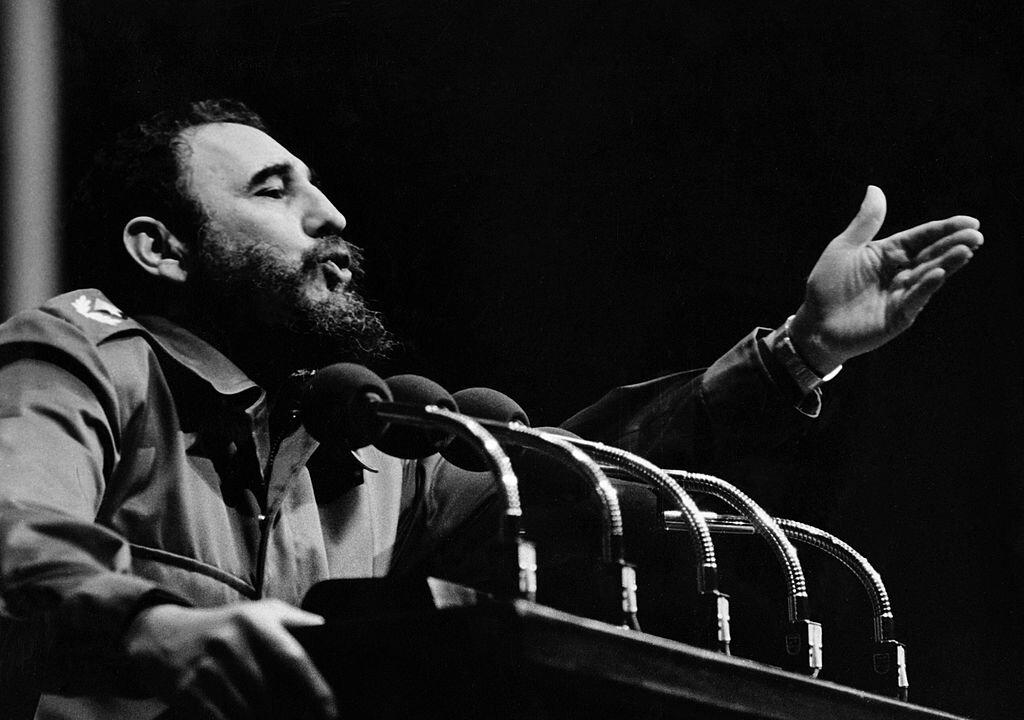When Gloria Álvarez gets paid in Mexican pesos, she converts whatever she can into Guatemalan quetzales. Coauthor of “The Populist Deceit,” she knows her Latin-American history, and she observes it repeating in Mexico under President Andrés Manuel López Obrador (AMLO).
Within a nation mired in corruption and crime, the Bank of Mexico has in recent years been relatively responsible and stable, at least by regional standards. Mexico suffered severe currency crises in the 1980s and 1990s. However, the government’s Consumer Price Index indicates inflation below 10 percent for the entire 21st century.





